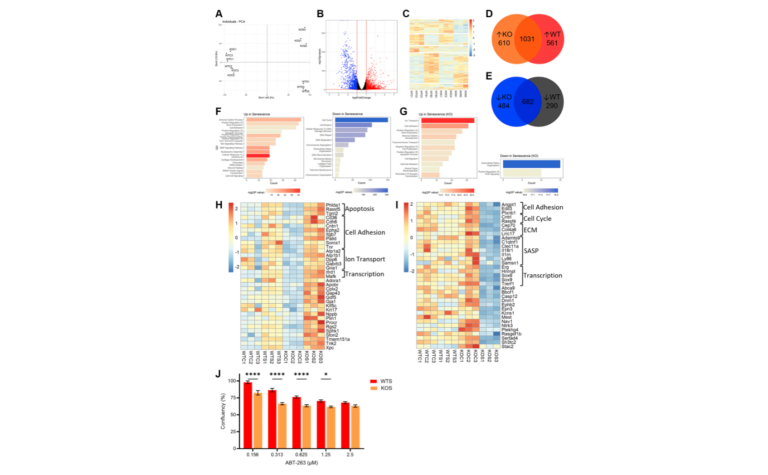Behind the Study: Global Pandemic Exit Strategy: Equity and Immunity
Oncoscience, Spotlight
October 16, 2023Dr. Lennard YW Lee, Yuxin Ying and Jola Bytyci from the University of Oxford, UK, elaborate on a recent editorial they co-authored that was published by Oncoscience in Volume 10, entitled, “Exiting the pandemic together: achieving global immunity and equity.”
Behind the Study is a series of transcribed videos from researchers elaborating on their recent studies published by Oncoscience.
—
Hi, my name is Dr. Lennard Lee. I’m an Associate Professor at the University of Oxford, a member of Independent SAGE and a practicing cancer doctor, United Kingdom. I’m really glad to talk to you today about a recent article we got published in Oncoscience. It’s called, “Exiting the pandemic together: achieving global immunity and equity.”
The background to this is that we looked at a paper which is about COVID-19 and vaccine effectiveness in cancer patients, particularly those who had had their third dose. It was a population study, so all patients with cancer were analyzed from the United Kingdom. What we did was we tried to look at their levels of protection over a period from August 2020 to July 2021, which is really the period when COVID-19 vaccinations were starting to take off in terms of boosters in our country.
Hi, my name is Yuxin, and I’m a final year medical student at the University of Oxford. I’m going to continue discussing the results of the study. So the study found that the third booster dose improved vaccine effectiveness in both the general population and in cancer patients, however, the benefits were less pronounced in patients with cancer and the benefits actually differ depending on the cancer subtype. For instance, individuals with solid organ malignancies had better protection against infections compared to those with hematological malignancies, and patients with lymphoma didn’t see significant improvements in vaccine effectiveness even after the third dose.
…the third booster dose improved vaccine effectiveness in both the general population and in cancer patients, however, the benefits were less pronounced in patients with cancer and the benefits actually differ depending on the cancer subtype.
-Yuxin Ying
I’m Jola, and I’ll discuss the risks and ongoing challenges for immunocompromised individuals. Patients with cancer, especially those with a recent diagnosis or receiving cancer treatments, were at higher risk of hospitalization and death following a positive COVID-19 test. This highlights the need for additional measures to protect these vulnerable groups.
Thanks Jola, and thank you Yuxin. So what does this mean? Well, what it means is that it’s really important for us to consider other factors when we think about the pandemic, and we think about how to protect immunocompromised patients. Things we need to consider are what drugs that they’re taking, what stage of cancer they’ve got, and also how do we empower them. Because at the end of the day, all they want to do is see family and hug loved ones.
Despite our best vaccination efforts, people with weakened immune response still have increased risk, and we need to live with that. But we also need to think about new measures here to protect them, and this might include giving updated medications like vaccines or new treatments as soon as they’re approved. If we make some of these simple changes, what we believe we’ll be able to do is put ourselves in a much better position where we have equality in terms of immunity from COVID-19, and really allow all of us to lead much better lives since the pandemic.
Thanks very much for listening.
Click here to read the full study published by Oncoscience.
—
Oncoscience is a traditional, peer-reviewed, bio-medical oncology research journal with FREE publication for authors and open-access for readers.
For media inquiries, please contact media@impactjournals.com.

